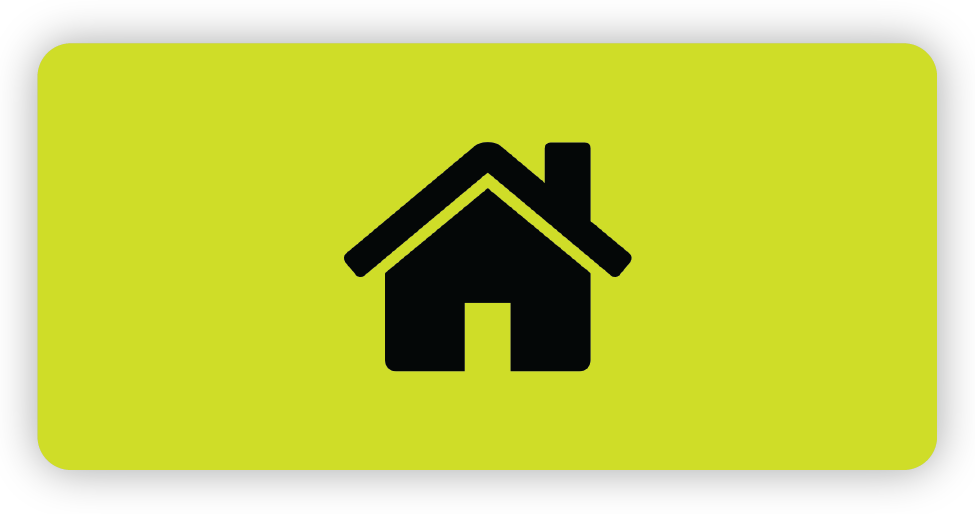Working with Tusla
Contract
The Placement of Children in Foster Care Regulations 1995 states that every foster carer must have a contract for each child in their care. This is a legal requirement.
This means that when a child is placed with your family you will need to sign a foster care contract. This will be a contract (an agreement) between you and Tusla. The contract will confirm that you will care for the child. The contract will outline your duties and responsibilities, and ours.
We will give you a copy of the contract and keep a copy on the child’s file.
We will give you the fostering allowance when the child is placed.
Once you start fostering and you are caring for a child, we all need to work well together. Communication and working in partnership is critical to making sure that we all support the child in placement.
Until the child is placed, you will be working with the Fostering Link Worker but once a child is placed, the Child’s Allocated Social Worker/ Tusla worker will also be involved. Other professionals may be involved too like:
- the Guardian ‘Ad Litem’ (A Guardian ad Litem is appointed to inform the Judge of the child's wishes and feelings and to give advice on what he/she thinks is best for the child. The role of a Guardian ad Litem is to independently establish the wishes, feelings and interests of the child and to present these to the court with recommendations.)
- therapists
- anyone else needed to assess or support the child’s needs.
 Allocated social worker/ Tusla worker for the child
Allocated social worker/ Tusla worker for the child
Each child in care must have a Tusla worker/ social worker allocated to them.
Coordinate the care of the child
The allocated social worker/ Tusla worker is responsible for:
- assessments
- placement plans
- care planning
- childcare reviews.
Working in partnership
The Tusla worker/ allocated social worker must also work in partnership with the child’s family. This work includes:
- organising family contact
- visiting and meeting the child
- referring the child to specialist services when needed
- making sure that all legal requirements are met in relation to the care of the child.
Placement Plan
The ‘Placement Plan’ is an agreement between
- Tusla
- foster carers
- where appropriate, parents.
The plan sets out specific arrangements for the care of the child by the foster carers. These must be consistent with the care plan.
Care Plan
The ‘Care Plan’ is an agreed written plan, drawn up by the allocated social worker/ Tusla worker for the child.. They do this in consultation with:
- the child’s family
- all those involved in the current and future care of the child.
The Care Plan sets short-, medium- and long-term goals for the child.
Care Plan review
This is a meeting to consider and update the Care Plan. Reviews must be done within legally agreed timeframes and carried out in a way that facilitates:
- children
- their parents
- foster carers.
Child and youth participation
‘Participation’ in this context means the involvement of children and young people in decision-making on issues that affect their lives. We recognise that children and young people have a right to take part in the plans for their care. We are committed to involving children and young people in decision-making.
As foster carers you have a central role, along with the Fostering Link Worker and child’s social worker/ Tusla worker. Between you, you promote the right of children and young people to be heard on all decisions that affect their lives. You also make sure children’s views are considered.
Supervision and support
Foster carers have a right to have an allocated Fostering Link Worker (FLW). The role of the Fostering Link Worker is to visit you and your family at least four times a year, more if you or the FLW think it is needed.
 These visits are called ‘support and supervisory visits’ and a record of these visits is maintained on your fostering file.
These visits are called ‘support and supervisory visits’ and a record of these visits is maintained on your fostering file.
These support and supervisory visits will involve the Fostering Link Worker spending time with you and your family members to get a picture of how you are finding the fostering experience. They will identify any issues arising from their point of view and any issues arising for you.
The purpose of these visits is to support you so you can continue fostering and to address any issue that you have. At these visits you will also agree actions that may need to be taken by either you as a foster carer or the Fostering Link Worker. Some placements need more support than others.
Peer Support
Peer support workers are experienced foster carers employed by Tusla to provide support to other foster carers. Peer support is intended to be a safe and supportive space for foster carers to discuss your foster care journey. The personal experience of foster care provides peer support that is different to but compliments the support you get from your social worker.
Peer support involves:
- Listening
- Building connections
- Learning together
- Signposting Support
- One to one support and/or groups supports.
- Online or in person
You can get more information on local peer support from your fostering link worker.
Training
Part of the work of your Fostering Link Worker (FLW) during supervision and support visits is to discuss your training needs with you. This includes talking about training that was completed to date and the training that might benefit you in meeting the child or children’s needs.
After any foster carer is approved to foster children, they must have a training plan This includes compulsory training like, Children’s First.
We send out an annual or bi-annual Foster Care Training Schedule to all carers at the start of the year. It identifies different training topics that are relevant to foster carers. You should attend as many of the training sessions as possible. Research and theory changes over time and regularly attending training will enhance your ability to meet the needs of the children in your care.
Training also offers important opportunities for reflection, self-care and meeting peers and professionals. You must take part in training to make sure that we can support you as you develop your skills as a foster carer.
Contact with families
Contact with a child’s birth family is an important consideration for every child in care. It keeps children connected with attachment figures, their identity and their history. Research shows that well managed contact with birth families is associated with positive outcomes for children in care.
The care plan will detail the arrangements for this contact. It will consider any risk that might exist when deciding what level of contact is best. Contact can take many forms including:
- face-to-face contact
- letter writing
- phone contact
- video messaging contact
- video calls.
Your Fostering Link Worker or the allocated social worker/ Tusla worker for the child will explain the specific details of these arrangements with you. The child’s allocated social worker/ Tusla worker can also provide you with more information. Arrangements for each child are specific to each child.
You may experience different types and levels of contact during your fostering experience. Contact with birth families and people close to the child can increase, decrease, or change during placement. These decisions are normally made at child-in-care reviews, or at a Court Hearing.
Foster care reviews
We carry out foster care reviews in which foster carers take part. The aim is to review their continuing ability to provide high-quality care to the children in their care. Reviews also help to identify gaps in the fostering service.
A foster care review is an opportunity for the carers and the Link Fostering Worker to discuss any issues that may concern them and to celebrate any achievements.
You need to think carefully about the issues you wish to raise. It is an opportunity to comment on the support received from the fostering service and the child’s Social Worker/ Tusla worker; you can put these comments in writing to the review.
Carers can also discuss their approval status and any changes to the placement or age range of children cared for. The reviews are held one year after the first placement and then every 3 years after that. All Foster Care Review Reports must be forwarded to the Foster Care Committee.
Sometimes there may be a disruption in the child’s placement or an allegation made against the foster carer. If so, we will carry out a review to assess what impact the event, allegation or subsequent investigation (or all three) have had on the foster carer. We will also evaluate their ability to continue fostering.
Foster carers need to be fully engaged with the review process. They should make sure that their views are recorded in the final report that is submitted to the Foster Care Committee.
After the first review, for all household members 16 years and older, each subsequent review will include updates of:
- Garda Vetting clearance
- health checks.
If you decide to end your fostering journey for whatever reason a member of staff from Tusla may ask to meet you to talk about your fostering experience. This is called an ‘exit interview.’ Hearing the experiences of foster carers helps us to develop our fostering services.
It is also an opportunity for you to share with us the positive experiences of your fostering journey and reflect on what worked well for you. The ‘exit interview’ is optional and you can decide whether or not to take part.
Foster Care Committee
The foster care committee is a group of people who have the task of making recommendations on whether people can foster or not. The committee is made up of a number of people including foster carers, medical officers, social workers, young people with care experience (this is just an example of who maybe on the committee). The Foster care committee:
- considers the foster care assessments and makes a recommendation
- considers the Foster Carer Review Reports and makes a recommendation
- approves long-term placements
- updates the foster care panel accordingly. All approved foster carers are placed on a list which is called a foster care panel.
There are appeal processes set out in the Foster Care Committee’s Policy, Procedures and Guidance.






